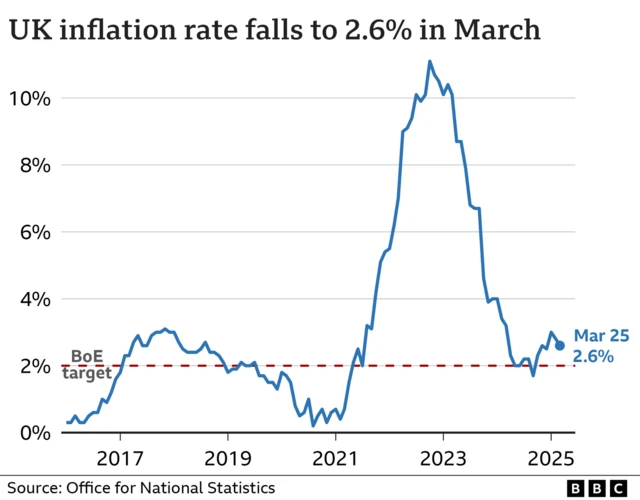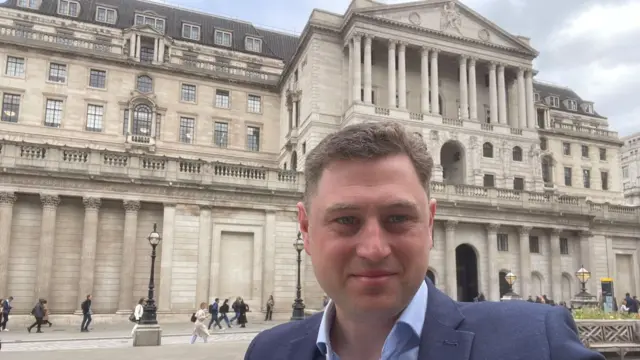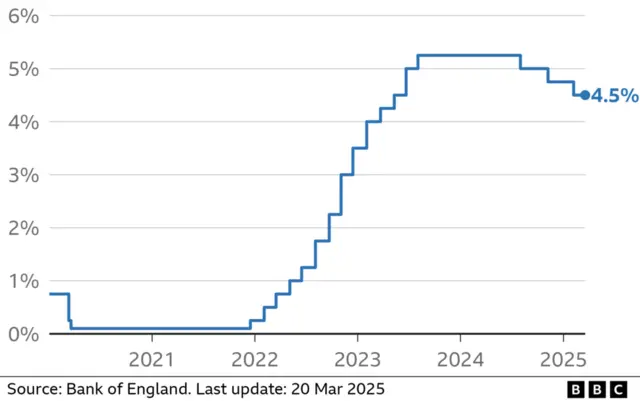'An interest rate cut would not be a game changer'published at 11:52 British Summer Time 8 May

Samren Reddy, 21, is a third-year medical student at the University of Liverpool.
He got in touch with Your Voice, Your BBC News as he’s hoping to save enough to afford his first house.
"A lot of our parents have instilled that home ownership is the goal. It’s a home where you build memories. It’s becoming more and more daunting that I’ll be able to rent and also save for a deposit," he says.
"I don’t think a small decrease [in interest rates] will be a game changer. We’re saving for the initial upfront deposit, this is a sticking plaster.
"Even if I’m trying to save for a home, alongside my day-to-day living, even if I may be paying less on a loan and could get a cheaper mortgage, it’s swallowed up by the pressures of living."







